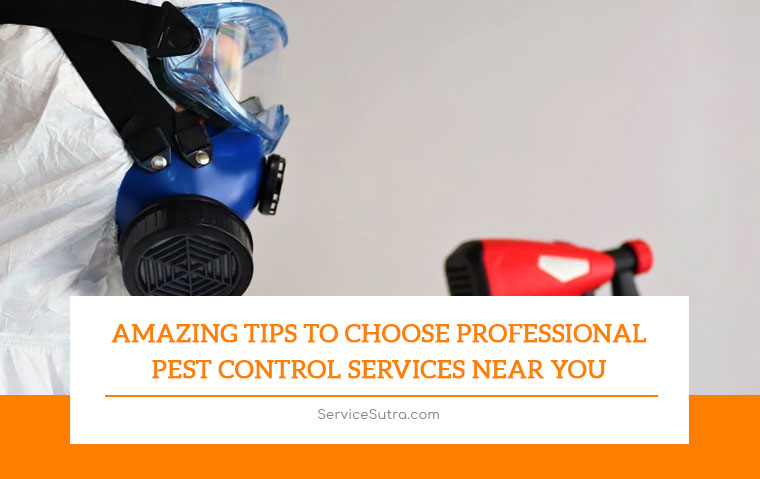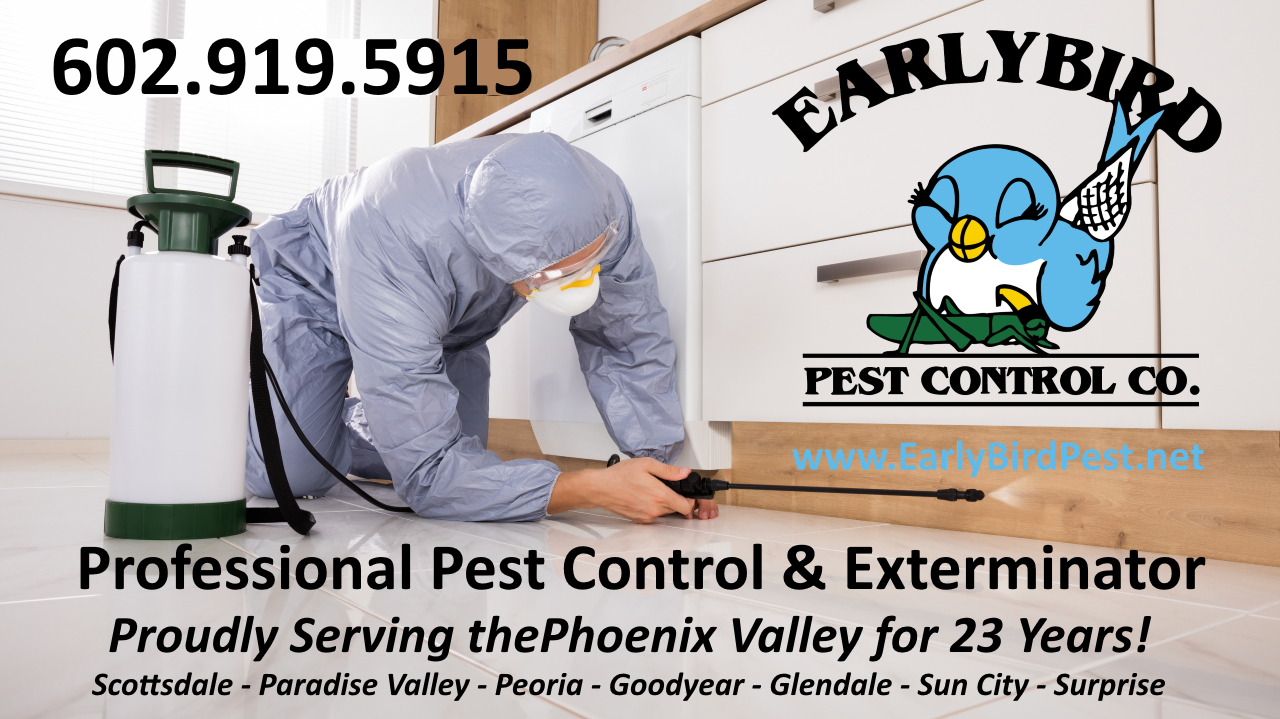Efficient Pest Control Clovis Providers: Keep Your Home Safe
Efficient Pest Control Clovis Providers: Keep Your Home Safe
Blog Article
Recognizing the Various Approaches to Bug Control: A Comprehensive Overview

All-natural Pest Control Techniques
Using green strategies such as buddy planting and organic pest control is crucial for efficiently taking care of bugs in agricultural setups. Companion growing includes expanding different crops in distance to discourage insects, boost nutrient uptake, and enhance overall plant health and wellness.
Biological bug control involves presenting all-natural predators or virus to manage pest populaces. Ladybugs, as an example, feed on aphids, regulating their numbers without the requirement for chemical pesticides. Another instance is making use of Bacillus thuringiensis (Bt), a microorganism that targets certain insect pests while being safe to humans, pets, and useful insects.
These environment-friendly methods not just decrease the dependence on synthetic chemicals yet likewise assist preserve biodiversity and dirt wellness. By integrating all-natural pest control approaches into farming practices, farmers can accomplish lasting insect monitoring while reducing unfavorable impacts on the atmosphere.

Chemical Parasite Control Solutions
Along with natural bug control approaches, the utilization of chemical insect control options plays a significant role in successfully handling pest populations in farming settings. Chemical insect control remedies are created to target certain insects that might create extensive damage to crops. These services usually contain synthetic pesticides that are developed to remove parasites rapidly and successfully.
Among the key advantages of chemical pest control services is their effectiveness in controlling insect invasions widespread. Farmers can apply these services using various methods such as spraying, airing out, or seed therapy to secure their plants from dangerous bugs, weeds, and illness. Furthermore, chemical insect control services are relatively easy to use and can give quick outcomes, assisting farmers protect their yields and decrease financial losses.
Nevertheless, it is vital to use chemical pest control services carefully to decrease prospective unfavorable influences on the atmosphere, non-target microorganisms, and human health. Appropriate application strategies, adherence to safety and security standards, and regular surveillance are critical to make sure the liable usage of chemical bug control remedies in agricultural methods.
Organic Pest Control Approaches
Organic insect control comes close to utilize natural killers or pathogens to handle parasite populaces in farming setups successfully. This technique provides a environment-friendly and lasting service to pest management, minimizing the dependence on artificial chemicals and minimizing harm to the environment. One usual organic control method is the introduction of natural enemies, such as ladybugs or parasitic wasps, to target details bugs. These killers eat the bugs, helping to manage their populaces naturally - pest control clovis.
Another biological control technique includes utilizing microorganisms like fungis, viruses, or germs to infect and kill pests. These microbial agents can be splashed on plants or presented right into the dirt to deal with different insects without harming advantageous insects or various other wild animals. Furthermore, making use of pheromones to interfere with the breeding patterns of insects is another efficient biological control approach. By hindering their reproduction, this approach assists to decrease pest populaces without the requirement for chemical intervention. Overall, organic bug control techniques provide a sustainable and targeted remedy to pest administration in agriculture.
Integrated Parasite Administration (IPM)
Integrated Pest Administration (IPM) is an extensive method that incorporates different parasite control techniques to efficiently take care of and minimize pest populaces in farming systems. IPM focuses on lasting prevention of bugs through a combination of organic, cultural, physical, and chemical control techniques. By incorporating these various methods, IPM intends to reduce reliance on chemical pesticides, lessen ecological effect, and advertise this hyperlink lasting pest administration techniques.
One key aspect of IPM is making use of organic controls such as all-natural predators, parasites, and microorganisms to manage pest populations. This technique uses the power of nature to maintain a balance between bugs and their all-natural adversaries without causing damage to the atmosphere.
In addition, IPM entails social practices like crop sanitation, habitat, and rotation manipulation to create undesirable conditions for insects and disrupt their life cycles. Physical controls such as mulches, catches, and obstacles are additionally see this here made use of to avoid parasite problems.
Physical and mechanical Parasite Control Strategies
Using non-chemical techniques, such as mechanical and physical pest control techniques, is a critical facet of thorough parasite administration techniques, developing upon the foundation of Integrated Parasite Administration's alternative method. Mechanical pest control entails using physical barriers or traps to protect against bugs from accessing and damaging plants or frameworks. This method can consist of methods like installing displays on home windows, using row covers in farming, or utilizing sticky traps to capture insects.
Physical parasite control techniques, on the other hand, concentrate on directly removing bugs with physical methods. Using warmth therapies to eradicate bed insects or vacuuming up bugs like ants or crawlers can be reliable ways to take care of invasions without the use of chemicals. By incorporating these physical and mechanical parasite control strategies into an Integrated Parasite Management plan, people and professionals can decrease dependence on chemicals while still efficiently lessening and taking care of pest populations damage.
Verdict

In addition to natural parasite control techniques, the usage of chemical pest control remedies plays a substantial function in efficiently managing pest populaces in farming environments.One of the vital benefits of chemical pest control services is their effectiveness in managing pest problems on a big range.Integrated Insect Management (IPM) is a thorough method that combines different insect control approaches to successfully manage and decrease pest populations in farming systems.Utilizing non-chemical techniques, such as mechanical and physical bug control techniques, is a crucial element of comprehensive insect management approaches, building upon the structure of Integrated Parasite Administration's all natural method. By including these mechanical and physical bug control strategies into an Integrated Insect Monitoring plan, people and specialists can lower dependence on pesticides while still successfully taking care of pest populations and reducing damages.
Report this page